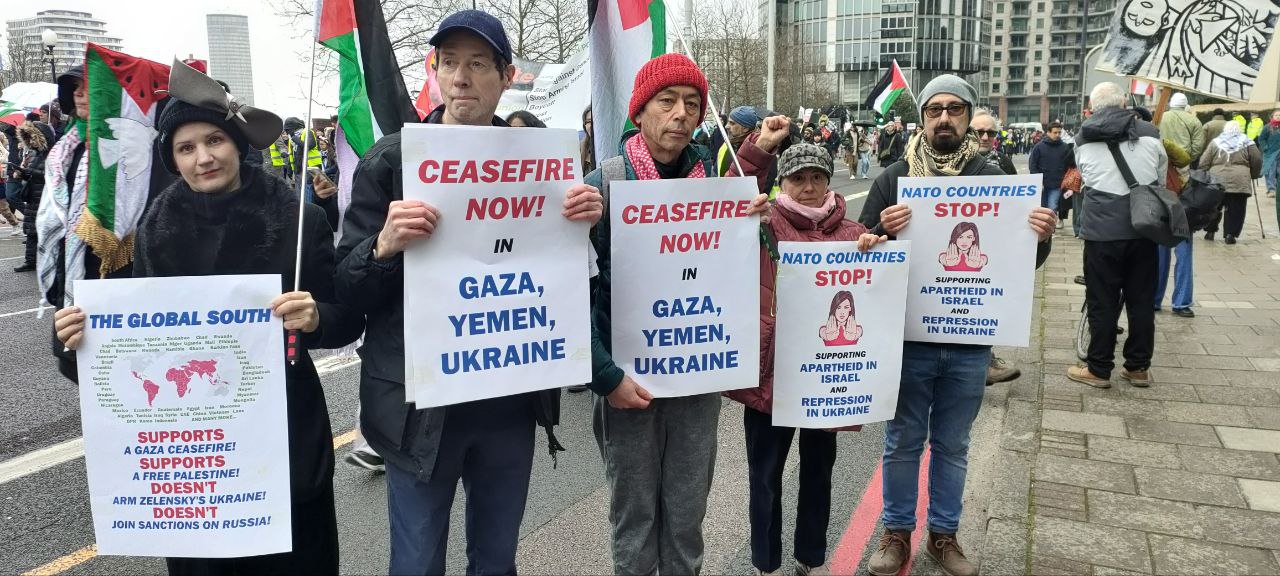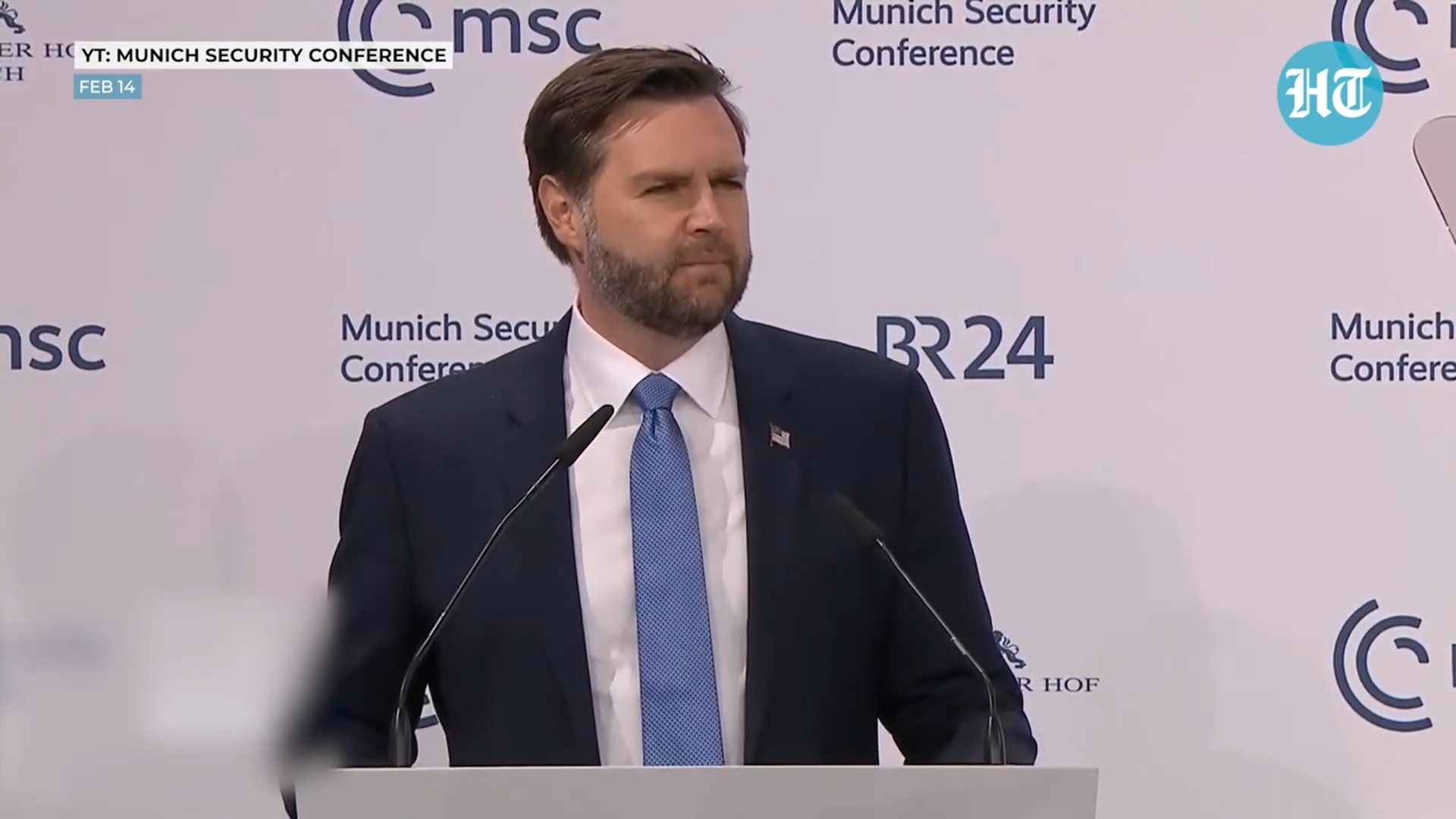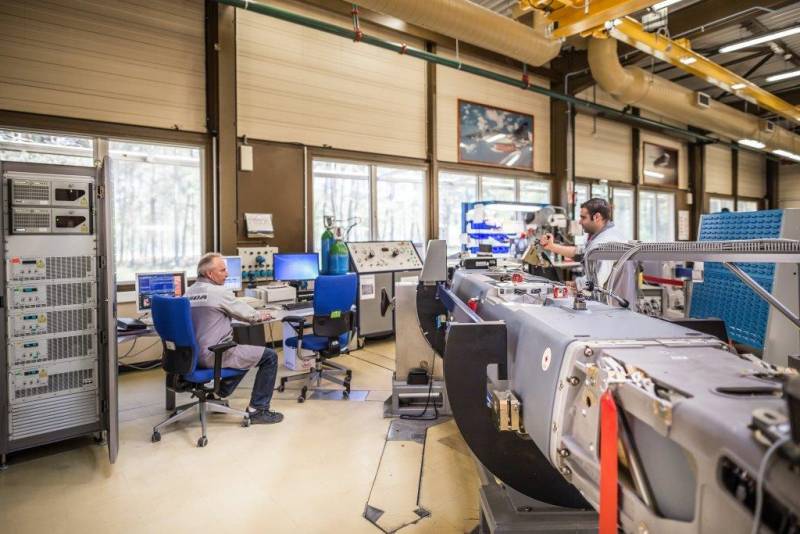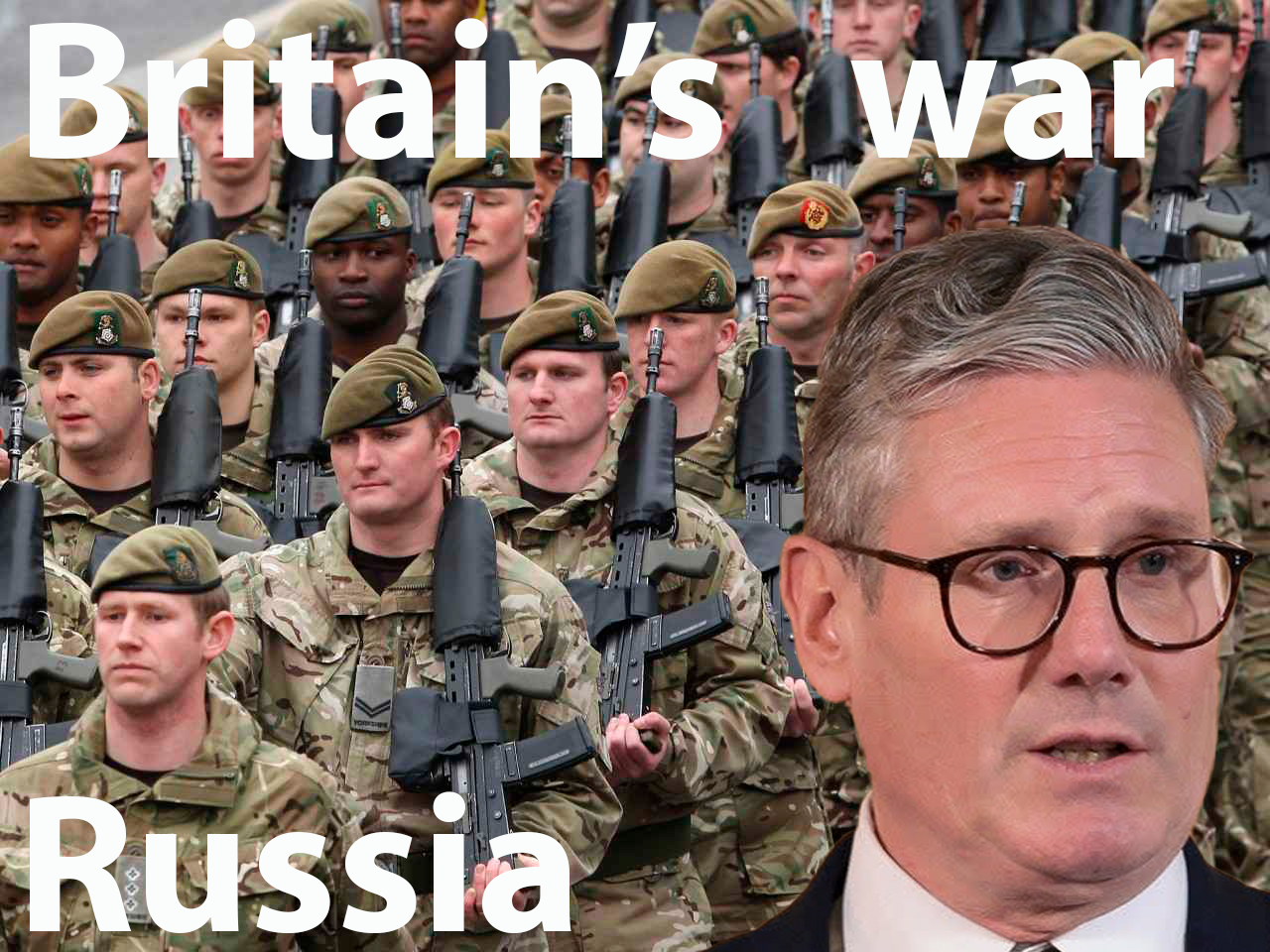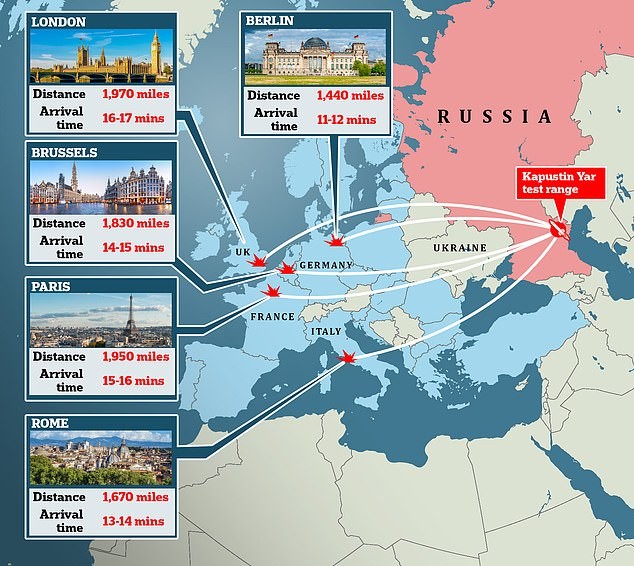
After new sanctions imposed by the US Treasury, the Moscow Exchange (MOEX) stopped trading in dollars and euros.
The stop affects trading in foreign goods and precious metals, as well as trading in shares and money on the largest public trading platforms in Russia, the Moscow Exchange (MOEX) said in a statement. However, with the exception of dollars and euros, all other financial instruments continue to operate.
The Russian Central Bank explained that “transactions in the US dollar and euro will continue in the over-the-counter market.” To set exchange rates, the Bank of Russia will use “bank records and information from digital over-the-counter trading platforms,” it said.
The package of sanctions also affected two subsidiaries of the MOEX: National Clearing Center (NCC) and the National Settlement Depository (NSD).
According to the MOEX report, in the las month alone, the total trade volume on the platform’s markets amounted to 126.7 trillion rubles, that is, more than $1.4 trillion dollars.
Several important circumstances can be noted: i) From a business perspective, the US made a huge effort to encourage other countries to use dollars and euros, which was greatly undermined; ii) Many financial institutions are spending billions trying to promote free trade in their currencies; iii) Saudi Arabia’s agreement to trade oil in dollars has expired; iv) US sanctions have not actually stopped the trade but have forced investors away from free trading dollars and euros; v) A large market cap has been lost and this could ultimately lead to a further currency collapse due to luck of market support for runway dollar inflation.
US politicians are making the wrong business moves, and trade stops and suspensions amount in hard ball play by the US Treasury.
All this expands the best opportunities in emerging markets through alternatives such as trading in Rubles and Yuan.
